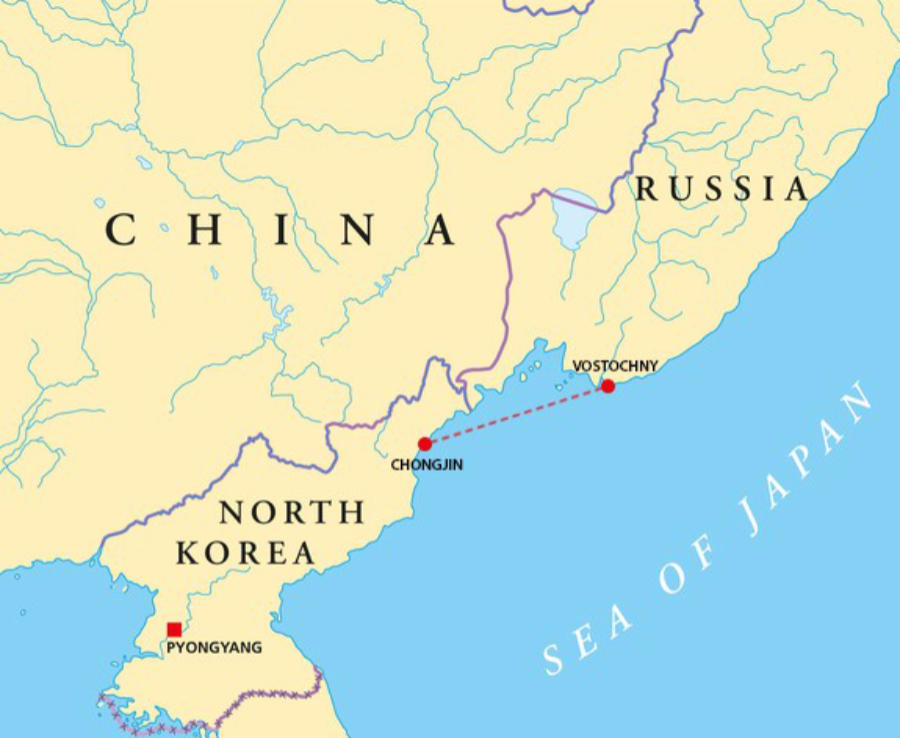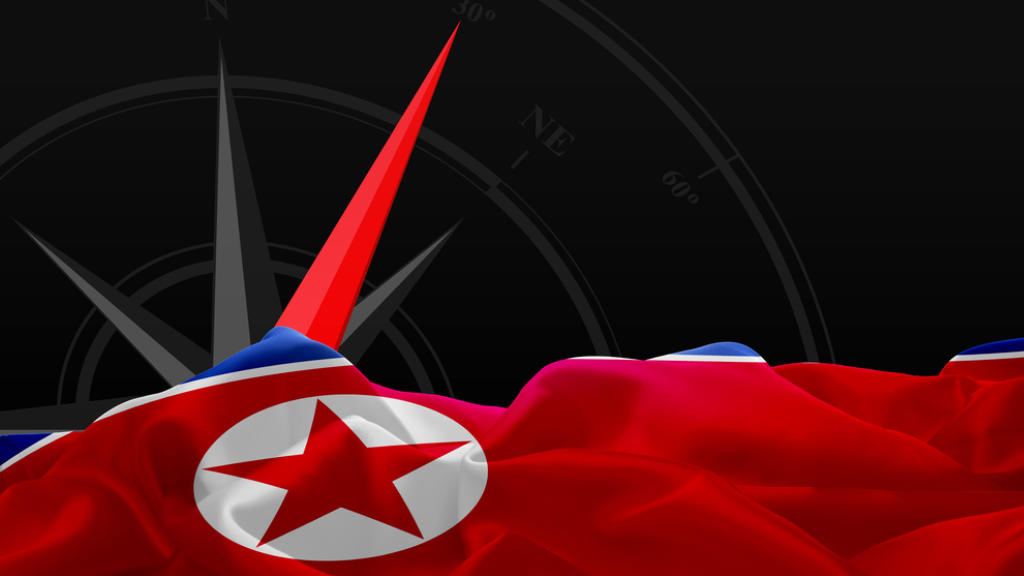The Financial Times has reported that Russia has started supplying oil directly to North Korea in defiance of UN sanctions, further cementing ties between the two countries and dealing a new blow to international efforts to contain Pyongyang.
At least five North Korean large oil tankers have travelled this month to collect oil products from Vostochny Port in Russia’s Far East, according to satellite images. The shipments, which began on March 7, are the first documented direct seaborne deliveries from Russia since the UN Security Council — with Moscow’s approval — imposed a strict cap on oil transfers in 2017 in response to Pyongyang’s nuclear weapons tests.
The ships, which are North Korean-flagged and classified as oil products tankers, all visited the same berth operated by a Russian oil company at Vostochny Port, where they appeared to load. Satellite imagery confirmed that two of the ships then travelled from Vostochny Port to the North Korean port of Chongjin, where they appeared to unload.
The vessels seen at Russian terminals are some of the largest-capacity vessels in North Korea’s fleet, with several of these UN-sanctions designated, meaning that under sanctions they shouldn’t be allowed entry into foreign ports, nor involved in oil deliveries.

All five of the North Korean ships made the journeys to Vostochny Port with their transponders switched off. One of those vessels, the Paek Yang San 1, was identified by the UN as having been involved in illicit ship-to-ship oil transfers designed to circumvent the import cap, which restricts North Korea to just 500,000 barrels a year each for oil and petroleum products. Deliveries can also only be deemed compliant if they are reported to a UN sanctions committee.
Researchers have calculated that the oil deliveries documented from Vostochny Port could amount to 125,000 barrels — 25% of North Korea’s permitted annual quota under UN sanctions — in a matter of weeks.
Hugh Griffiths, a former co-ordinator of the UN panel that monitors sanctions on North Korea, was quoted in the FT as saying: “These oil deliveries constitute a full-frontal assault against the sanctions regime, which is now on the brink of collapse.”
The deliveries come after North Korea last August began supplying thousands of containers of munitions to Russia. Vostochny Port has also been used as a hub for Russian ships allegedly involved in arms trade between the countries.
Griffiths said that “What we can see now is a clear arms-for-oil bartering arrangement in open contravention of sanctions that Vladimir Putin signed off on personally, illustrating Russia’s trajectory in recent years from international spoiler to outlaw state.”
The revelation of the apparent oil-for-arms trade comes as western diplomats are rushing to preserve the UN panel that monitors compliance with sanctions on North Korea, amid fears that Russia could veto a renewal of the body’s mandate, according to three people familiar with discussions at the UN in New York.
Western officials postponed a vote on renewing the expert panel last week after Russia and China made proposals to water down its mandate, the people said. The deliberations over the UN sanctions panel, which were first reported by Seoul-based news service NK News, have raised questions about how long the UN body — and the sanctions regime itself — can survive.
“While there is a debate about the effectiveness of sanctions, what we are now seeing is what would start to happen if the sanctions were removed,” said Byrne. “This is giving North Korea a very significant lift.”
Go Myong-hyun, a senior research fellow at South Korea’s state-affiliated Institute for National Security Strategy think-tank, said direct supplies of oil and petroleum products from Russia to North Korea would “go a long way towards stabilising the North Korean economy”.
“For the past seven years, Pyongyang has had to pay a high premium for the oil products it needs, as it relied on a complex and expensive network of criminal brokers and mid-sea ship-to-ship transfers. But now, it appears it has secured a steady supply of oil either at a heavy discount or as direct payment for the munitions it is supplying to Moscow,” he added. “That is going to free up resources for North Korea.”
Our analysis of the situation is simple: If the West wants Russia’s assistance in maintaining sanctions on countries such as North Korea, then it shouldn’t have placed the volume of sanctions upon Russia that it has. It is very basic cause and effect.

 Русский
Русский













